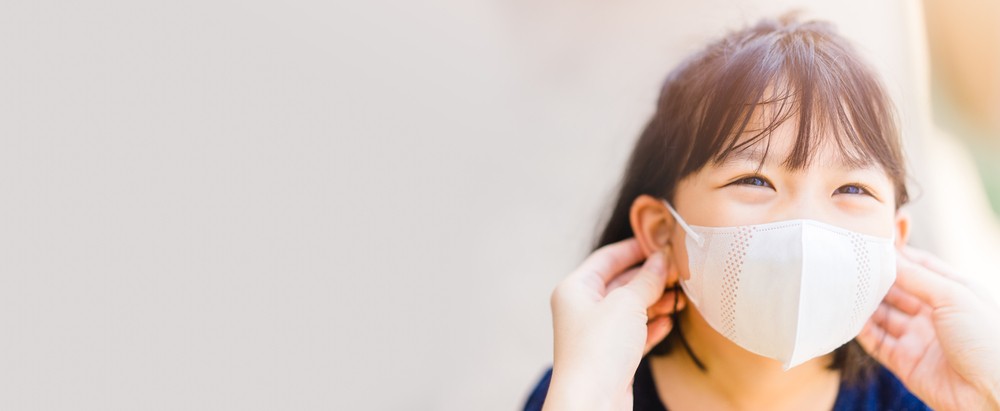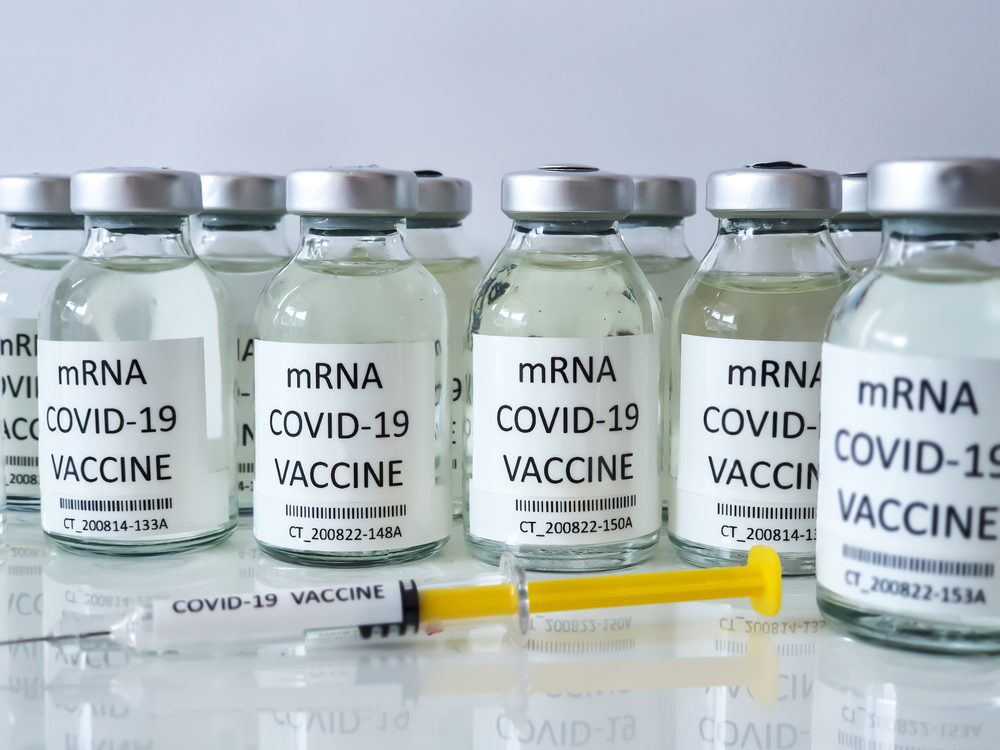I WANT
RELATED LINKS
I WANT
RELATED LINKS
RELATES LINKS
I WANT
RELATES LINKS
Services
Related Links
Use and Management of Cookies
We use cookies and other similar technologies on our website to enhance your browsing experience. For more information, please visit our Cookies Notice.
- Personal Banking
- Stories & Tips
- Protect My Family
- “English Fun Fun” What did my child learn from COVID-19?
- Personal Banking
- ...
- “English Fun Fun” What did my child learn from COVID-19?
“English Fun Fun” What did my child learn from COVID-19?
“English Fun Fun” What did my child learn from COVID-19?
17-07-2021
Thailand faces the COVID-19 situation since early 2020. This has brought dramatic changes to the lives of Thais and the world. Of course, everyone must learn to live with this disease until there is a cure. The word New Normal or 'new way of life' has become a term that everyone knows and is a principle that must be followed. There are also many more COVID-19-related terms that we've heard over time, but how much do we understand them?
If looking for an opportunity in a crisis, it is considered the right moment for children to learn to live in a new way with English words they hear almost every day. Today we will review English vocabulary related to COVID-19 sorted from the moment we started until now. Let's see if the children at home already know these words.
During the beginning of the covid-19 outbreak, children even asked if what word be used for Outbreak in English? The outbreak, Epidemic, or Pandemic? Because in the dictionary all these words mean the same, which is not wrong. But Outbreak applies to an unusually large increase in outbreaks. It may occur in any area without the expectation that the outbreak will be this heavy. And when the outbreak spreads to other wider areas It will be called an Epidemic. Pandemic is an epidemic that spreads all over the world. On March 11, 2020, the WHO declared COVID-19 to "Pandemic". (WHO is World Health Organization)

we will hear that The early pandemic came from a person called the Super Spreader. Super Spreader means a person who can spread the infection widely. Make people more aware of self-defense. Social distancing measures are in place, combined with the use of protective equipment that almost everyone can't live without, such as a medical mask and alcohol gel or spray. which in English is called Hand Sanitizer. As for doctors and professionals who are at risk of contracting the disease, they must wear PPE (but did the children know that PPE stands for Personal Protective Equipment.)
When the pandemic spreads we all hear the term quarantine, or to stay isolate and monitor symptoms. This word was heard so often that it was no longer a difficult word for a child. But it is still not fully understood because there are so many types of quarantine. Today, let's understand. The word Home Quarantine means home detention. For example, we later learned that we were in the same area as a COVID-19 infected person. We should quarantine at home to see if symptoms of the disease occur to us or not. The term State Quarantine means quarantine at the Centers for Disease Control. or in a place designated by the state. For example, those traveling from abroad upon arrival in Thailand, must enter the State Quarantine for 14 days. When it's due and checked that it doesn't have a disease then can go out and live normal life. The term Local Quarantine means stay isolated in a specific area that has individual leaders who set policies. For example, each province has set up quarantine centers to accept risk groups to observe symptoms. The most common term for infection detection is a swab or collection of secretions using a long wooden handle wrapped in a cotton swab inserted into the nasal cavity. The secretions were then taken to test for infection. There is also a test with a toolkit called Rapid Test. It is a test that results will be known within 10-30 minutes. But the results will not be 100 percent accurate and must be repeated with a more accurate method. But Rapid Test has the advantage of being a tool for initial screening. Used to assess the intensity of infection in the community. which when the person being examined knows the preliminary results will continue to plan treatment or take care of themselves.

Children may misunderstand the call for a test result: a 'positive' from a test. It doesn't mean good, but positive here means 'infected'. The 'negative result' does not mean pessimistic. Negative here refers to 'Not infected' If children understand, they will not be confused when receiving news from various channels.
Coming to the last group of vocabulary today, the word Vaccine. A vaccine is an infection that is injected into the body to stimulate the body to build immunity. We also need to educate children about Covid-19 Vaccination that It doesn't help protect them from getting infected but it will help prevent death more than not injection. And the English sentence to say 'I got vaccinated' means that a nurse or a doctor jab a vaccine to you.
Under the English vocabulary about COVID-19 that children are familiar with hidden important facts and knowledge in a new way of living. We just bring it up to talk. They will have knowledge and understanding and keep up with the existence of this disease.

Vocabulary for outbreak/epidemic
Outbreak > The outbreak was greatly increased.
Epidemic > widespread outbreak across the region
Pandemic > outbreaks around the world
Type of Quarantines
Home Quarantine
State Quarantine
Local Quarantine
prophylaxis equipment
Medical Mask
Hand Sanitizer
PPE (Personal Protective Equipment)
examination results
+ Positive = Infected
- Negative = Not in fected
